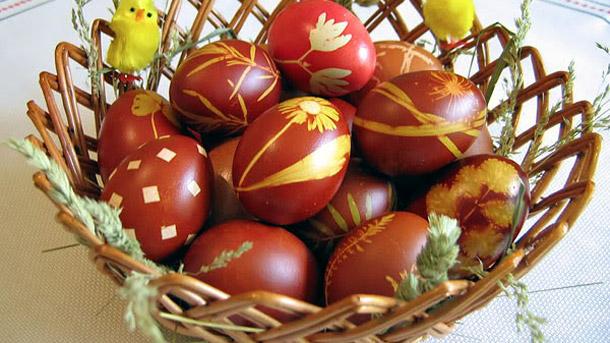

After almost 80 years, a new breeding colony of the endangered Dalmatian pelican has appeared in Bulgaria . The birds have settled on artificial islands built by the Bulgarian Society for the Protection of Birds (BSPB) in the Mandra-Poda Complex, a..
On 25 January 1935, Tsar Boris III signed the decree establishing the Bulgarian National Radio. The document, which officially marked the beginning of "Radio Sofia", as the Bulgarian National Radio (BNR) was then called, made radio broadcasting in Bulgaria..
The Federation of European Carnival Cities has declared Pernik a global center of masquerade traditions. 16 years ago, Prenik was named the European Capital of Sourvakar and Mummer Traditions, and nearly 10 years ago, the Surva festival was..
“On 13 February this year, Bulgarian consumers must not shop at any of the grocery stores, at any of the chain stores, at any of the supermarkets!..

+359 2 9336 661
